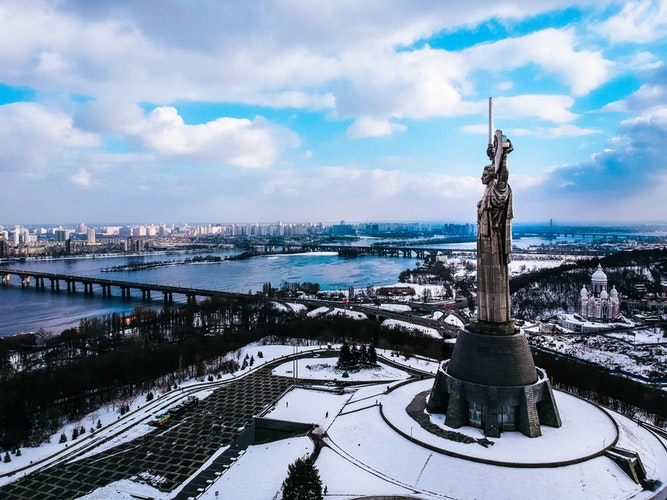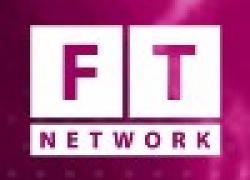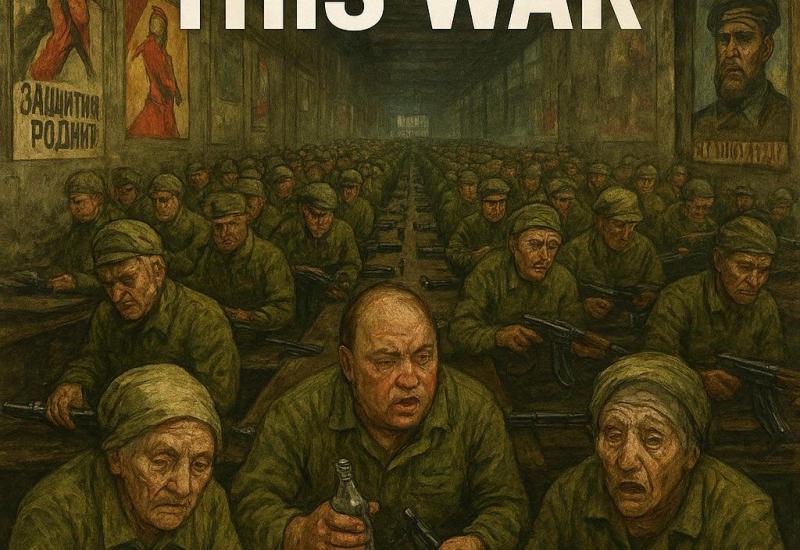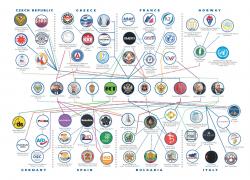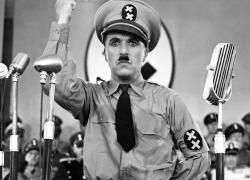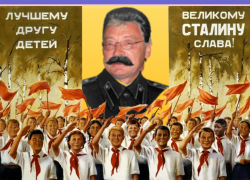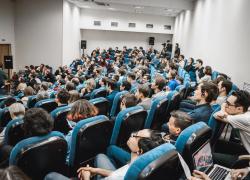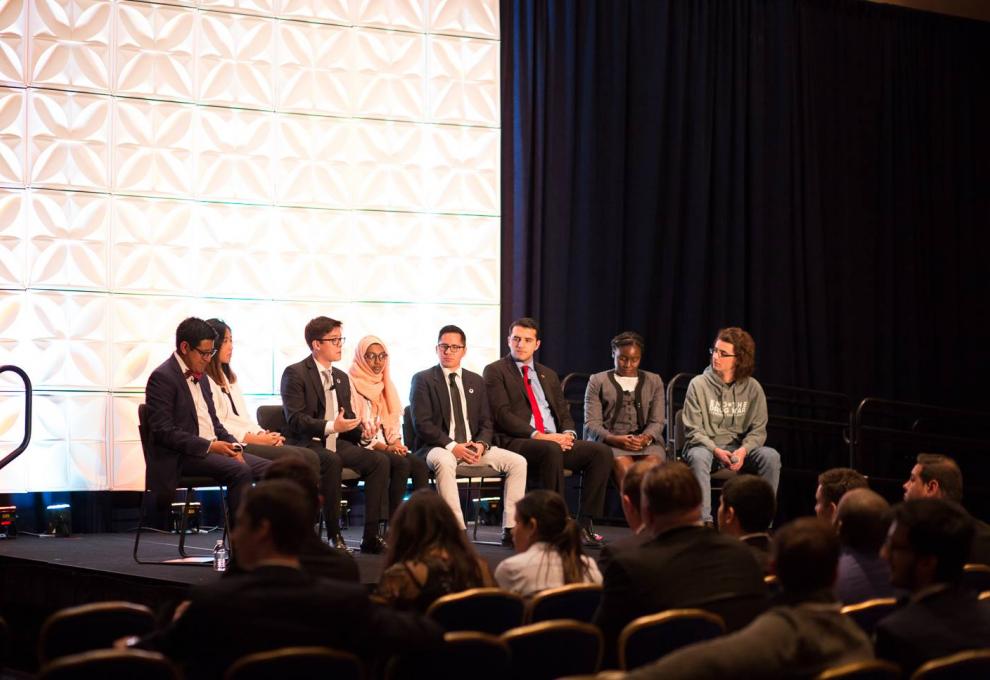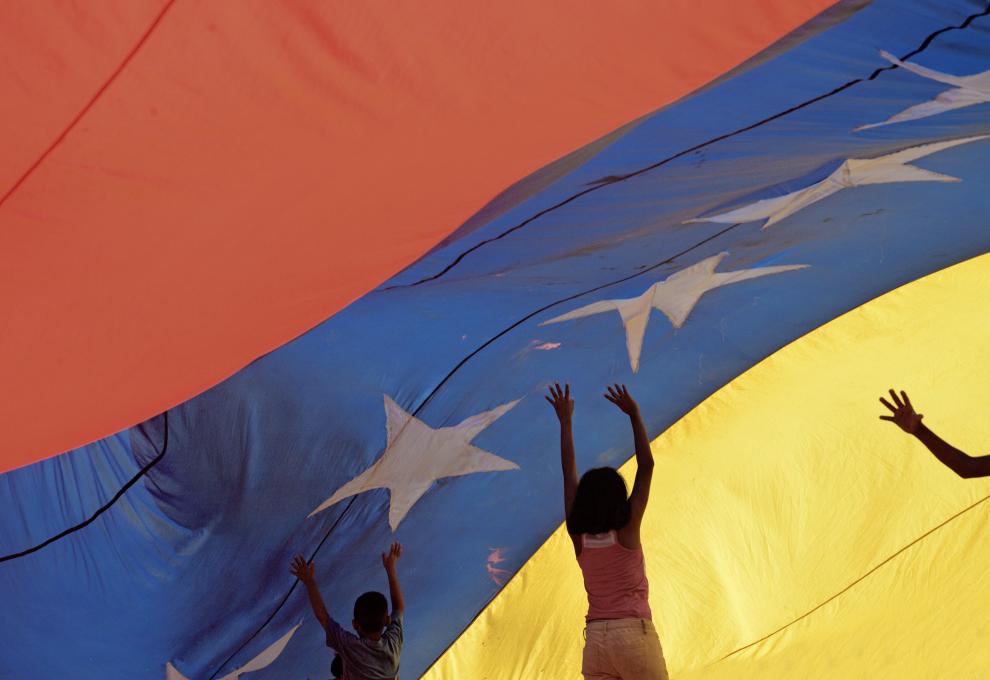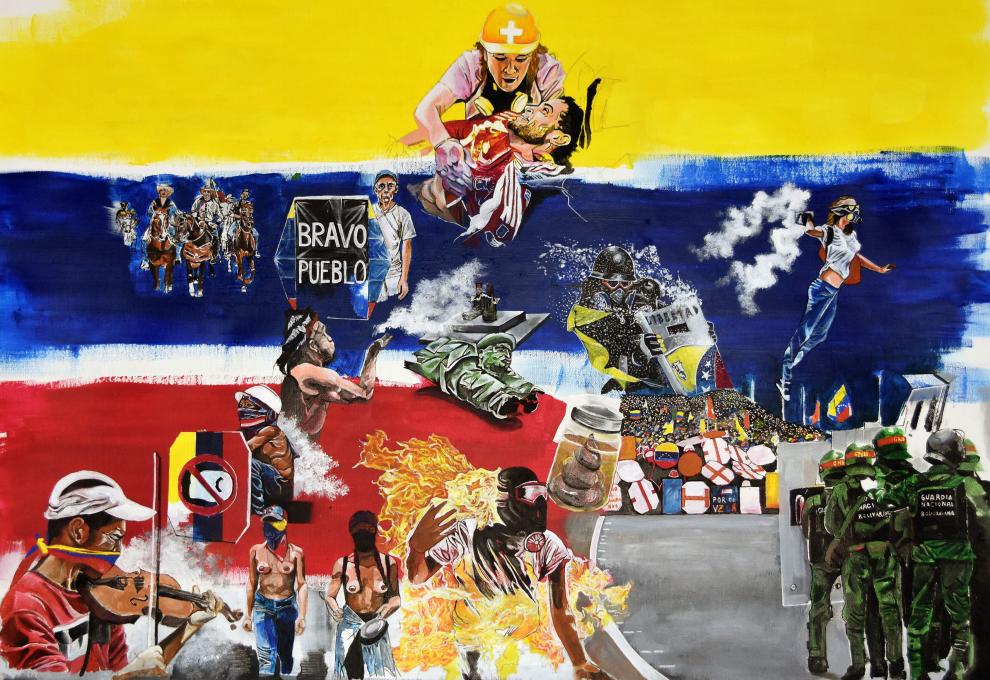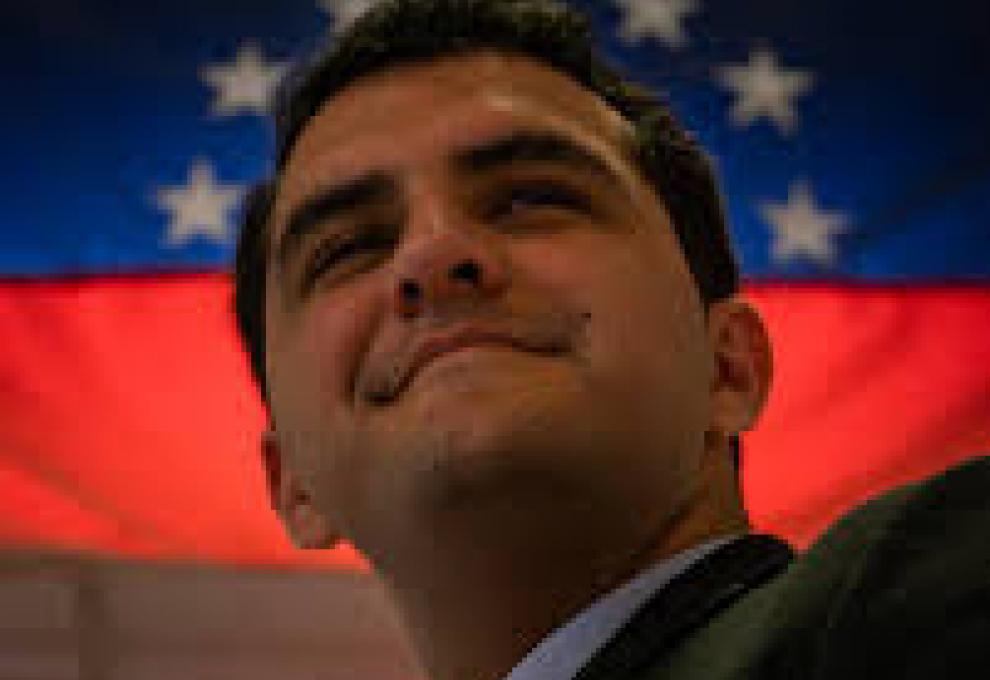Ukrainian Elections: Breaking the Populist Spell?
Soon, Armenians will celebrate the one year anniversary of the Velvet Revolution in their country, where the populism played a key role. This year another Eastern Partnership country, Ukraine, will face a difficult dilemma of populism in the choice of their new president.
The very much-awaited upcoming presidential elections in Ukraine will take place this March, with the first round taking place on Sunday the 31st. Although there are 44 candidates for the post of the new president of the Ukraine (two of those, Andriy Sadovyy and Dmytro Gnap withdrew in the last minute), it is already evident that the main backlash will be between three candidates: the current president Petro Poroshenko, the former Prime Minister Yulia Tymoshenko and TV comedian Volodymyr Zelenskiy.
These elections are not important only for Ukrainians, but also for the East and the West as larger entities. Ukraine aspires to membership of the NATO and the EU. And, depending on the election’s outcome, the new external policy discourse of Ukraine will be established for the upcoming 5 years.
Several weeks before the elections, the rating of Zelenskiy exceeded those of the “experienced politicians” by creating an unprecedented opportunity for the victory of the “people’s candidate” seen in him. According to the Rating polling agency, the latest polls show that 25.1 percent of the voters support Zelenskiy’s candidacy, while Poroshenko and Tymoshenko share the second place with 16 percent of provisional votes.
Before trying to analyse the possible outcomes of the elections, let’s have a look at how Zelensky found himself in the circles of the most popular and yet not-so-loved Ukrainian political elite.
Volodymyr Zelenskiy
A very much beloved 41-year-old screenwriter and actor, Volodymyr Zelenskiy’s career started long before his political aspirations. He became popular in Ukraine and in other Post-Soviet countries due to his 2015 TV show titled the “Servant of the People”. It tells the story of Vasyl Petrovych Holoborodko, a young high school history teacher who wins in the Ukrainian presidential elections after a video showing him rant against government corruption goes viral.
The success of the TV show was huge and the production company decided to create a political party of the same name last March and participate in the presidential elections. His election campaign was crowdfunded, which helped him to get free airing time on TV and boost his social media profiles.
Although he harshly speaks out against corruption, his production company called “Kvartal 95” supposedly earns money from Russia via a Cypriot company (which he promised to leave). Others are suspicious about his ties to the Ukrainian oligarch Ihor Kolomoyskyi, a controversial figure supporting his campaign.
For some people, Zelenskiy is a dark horse, for other’s he’s a symbol of hope to get out of the current corrupt government regime.
Zelenskiy most probably wants to repeat the path of the Italian comedian Beppe Grillo. But what will Ukrainians receive from his victory? Nobody knows. He lacks administrative resources and his agenda is vague. It seems that he wants to establish a form of “direct democracy” by letting the people of Ukraine shape his political agenda. He wants to get an abolition of immunity for politicians, as well as offers some changes in taxation and pension policy. He hasn’t been clear about his view on Russia, which is actually quite worrisome. Besides, he doesn’t have any experience, making mistakes and teething pains unavoidable.
Petro Poroshenko
The current president of the Ukraine has to run a tough race if he is to win his second term. He came to power in 2014 by offering a reform package that bought him $ 17.5 billion aid from IMF. He constructed his campaign narrative around the idea, that only he will be able to finalise and accomplish the reform program. Moreover, he has an ambitious perspective of seeing Ukraine in the NATO and in the EU by 2023.
During his presidency, Ukraine hardened its position on Russia. Poroshenko introduced a 30 days of martial law following Russia’s seizure of some Ukrainian ships in the Kerch Strait. By the end of 2018, a process was initiated to free the Ukrainian Orthodox Church from the control of the Russian Orthodox Church in Moscow. Recently, Poroshenko signed a bill in order to ban the Russian citizens from observing their elections.
However, the polls show that 77 percent of the electorate would not vote for him. He has failed spectacularly in his attempts to eradicate political corruption in Ukraine. For example, we can take the case recently revealed by the investigative journalists: according to them, the National Defence and Security Council bought defective military equipment from Russia and sold to the Ukrainian defense companies at very low prices, pocketing the marge and making a lot of money from that deal.
So, what will Ukrainians get if Poroshenko wins? Probably the same slow-but-steady reform process. But this time the pressure of the West on him will be much higher as he is expected to conduct a more aggressive battle against corruption.
Yulia Tymoshenko
The leader of the “Fatherland” party deserved a nickname “the gas princess” in the 90s for her role in several corruption cases. She was the co-leader of the “Orange Revolution” in 2004. After long investigations she was sentenced to 7 years in 2011, which was considered a politically-motivated move by the EHRC. The polls show that 64 percent of Ukrainians have an unfavorable opinion of her based on the record of her two terms as PM. But still, she is expected to win in the primaries.
So what does she promise to Ukrainians if she wins? Well, she is considered to be particularly pro-Europe. Hence, taking into consideration that she became one of the richest women in Ukraine at some point thanks to the games with Russia, she is expected to have a more balanced or even an opportunistic approach towards the East and the West.
She promises to make Ukraine a parliamentary republic if she is elected neglecting the fact that Ukraine has no law on referendums “thanks” to the former president Yanukovych. Her agenda is also vague as it very often contradicts the reality. For example, she wants to cut taxes but in the meantime plans to increase the public spending.
In case of her victory, she will probably stick to the main principles of government policies as she had before her sentence. But in any case, she is as much of a dark horse as Zelenskiy.
It seems, that none of the candidates is “fully clean”. Even the President of the European Council Donald Tusk expressed his concerns during his speech at the Ukrainian Parliament in Kiev in February saying, “Ukraine is too great to need the drug of populism.”
Whoever wins in the primaries and in the final elections, one thing is clear. The post-election period will be much more difficult, than the campaign itself. These elections will be a basis for the upcoming parliamentary elections in autumn. Tymoshenko’s “Fatherland” Party has a good chance of an increased representation in the parliament even if she loses the presidential elections. On the contrary, Zelinsky doesn’t still have a solid political bloc and in case of an election he will need to create it only in several months. In any case, the winning party is more likely to be obliged to make a coalition in the Verkhovna Rada.
Another shared problem is that none of the candidates have a realistic plan on how they are going to realise institutional reforms, update the tax system, and eliminate corruption. However, Zelensky and Tymoshenko do have something in common: they both promised to put Poroshenko in jail after their election for “the corruption during wartime”.
The political elite in Ukraine is discredited and people want change. With the ongoing war in the eastern Donbas region, persistent oligarchy and unpunished corruption, the next president has a lot to change. Five years after the Maidan revolution, the next president will not only be responsible for tackling the poverty, but also for the acceleration of the ongoing slow reform process.
So, will Ukrainians be free from populism this election? The answer is no. In fact, no nation in the world seems able to resist the drug of populism, starting from the most developed western civilisations and ending with the poorest ones. But the level of the national consciousness should be high enough to curb and restrain that populism by learning from its own history and mistakes.
by Viktorya Muradyan
This article was first published @ https://www.speakfreely.today
https://www.speakfreely.today/2019/03/16/ukrainian-elections-breaking-populist-spell/

